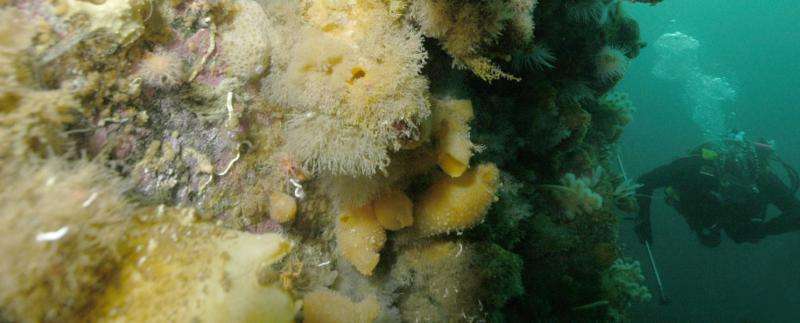Habitat destruction, pollution and climate change are driving global declines in marine biodiversity

Intensifying pressures from fisheries, habitat destruction, pollution and climate change are driving global declines in marine biodiversity.
Despite widespread conservation efforts there is a growing argument that traditional approaches have failed to stem the tide of biodiversity loss. One potential solution, increasing in popularity as well as generating controversy, is to assign values to the benefits that ecosystems provide for humanity ("ecosystem services"), and to incorporate these into conservation and management decision-making. The authors ask how well this approach is working for marine systems using examples from three contrasting regions, one of which is the Southern Ocean.
The case studies demonstrate that valuation can be useful but they also highlight the dearth of research exploring the ecological relationships that underpin the benefits ecosystems provide. Understanding the links between biodiversity, the structure and functioning of ecosystems, and the ecosystem services they support is fundamental for effective valuation. The authors propose embedding the science underpinning these critical relationships into the core of decision-making, moving away from a tendency to focus on specific ecosystem services (often the fished species). This broad, inclusive approach to valuation will allow wider trade-offs, including the implications of biodiversity changes, to be considered explicitly and more routinely in marine policy and management. CCAMLR's leadership in ecosystem-based management for the Southern Ocean is highlighted and could prove crucial in developing best practice across other regions.
This paper forms part of a new Proceedings of the Royal Society B Special Feature 'The Value of Biodiversity in the Anthropocene', guest edited by Professor Nathalie Seddon from University of Oxford and Dr Rachel Cavanagh from BAS. The volume covers a range of perspectives on this topical issue, synthesizing recent research advances on marine and terrestrial environments, at scales ranging from microbes to tropical rainforests and polar oceans. The collection includes papers led by BAS Ecosystem scientists Rachel Cavanagh and Eugene Murphy with BAS co-authors Susie Grant and Nadine Johnston.
More information: Rachel D. Cavanagh et al. Valuing biodiversity and ecosystem services: a useful way to manage and conserve marine resources?, Proceedings of the Royal Society B: Biological Sciences (2016). DOI: 10.1098/rspb.2016.1635
Journal information: Proceedings of the Royal Society B
Provided by British Antarctic Survey

















